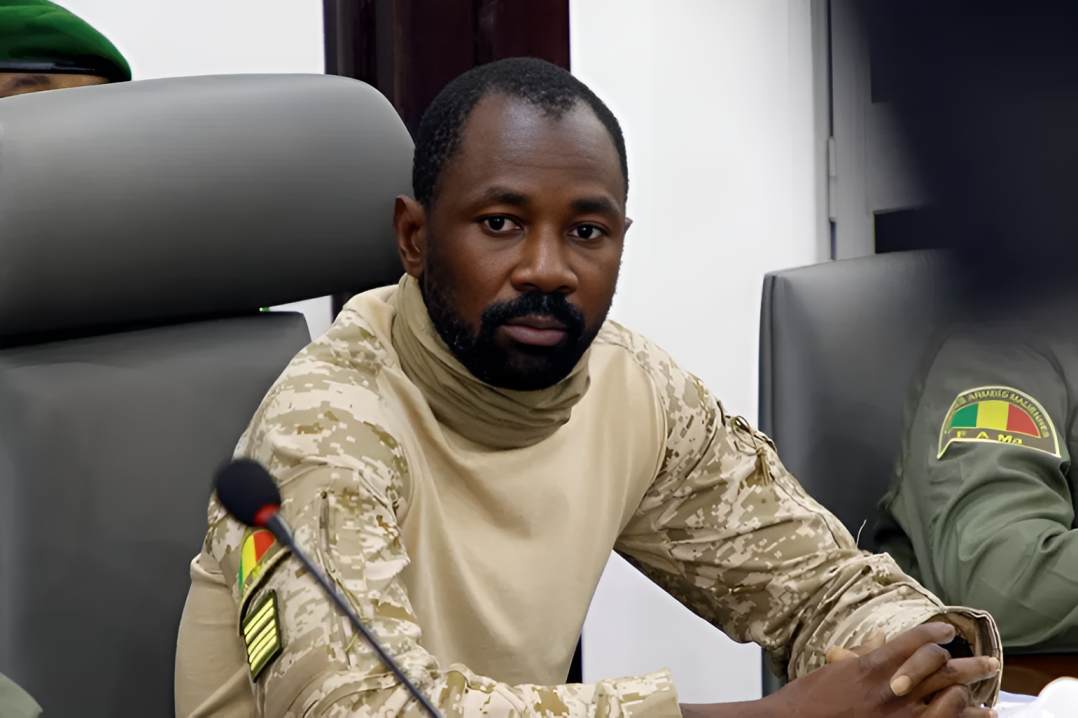Mali’s military ruler General Assimi Goïta has received backing from key supporters to remain president for another five years, following a meeting organised by his government.
The recommendation, which came from a national conference, could extend his leadership until 2030 despite earlier promises to hold elections.
Goïta, 41, first took power in 2020 and later carried out a second takeover in 2021.
After the second coup, he was named transitional president and assured the public that elections would be held the next year.
That promise has not been fulfilled.
A recent forum, held under the leadership of the current regime, proposed that Gen Goïta should continue serving as president until 2030.
However, the event was boycotted by major opposition groups, who saw it as a step towards prolonging military rule and silencing other voices.
The general has yet to issue a statement on the proposal, but the conference is seen by many as a way to give his rule more political acceptance.
"Suppressing the multi-party system would be a historic error," opposition figure Mohamed Salia Touré said over the weekend in an interview with AFP.
Amnesty International also raised concerns about some of the suggestions made at the meeting. "Proposal to dissolve all political parties in Mali" was denounced by the rights group on Wednesday.
"I am alarmed by the proposition," said Ousmane Diallo, Amnesty International’s Sahel researcher. "Such a move would be a flagrant attack on the rights to freedom of expression and association."
There is still confusion over whether the recommendation targets all political parties or only those that fail to meet certain conditions.
The conference also advised that any electoral activities should be halted until peace is restored in the country.
The military-led government has been facing ongoing security challenges, particularly from armed groups linked to the Islamic State and al-Qaeda.
Efforts to stop the violence have not brought lasting stability.
In recent years, Gen Goïta’s leadership has moved away from the West and built ties with other military regimes in the region, especially in Burkina Faso and Niger.
The three countries have drawn closer to Russia and cut back on relations with France, Mali’s former colonial ruler.
Goïta led his first coup in August 2020, ousting President Ibrahim Boubacar Keïta after widespread protests.
The demonstrations were sparked by frustration over insecurity and dissatisfaction with the former leader’s performance.
Following the coup, Goïta set up an interim government with a civilian president, as demanded by the West African group Ecowas.
He had wanted to lead the transitional administration himself, but ECOWAS objected and insisted on a civilian figure.
Less than a year later, in May 2021, Goïta carried out another takeover and removed the interim leaders, citing poor performance.
He later promoted himself and became a five-star general in 2023.
Since then, he has cut ties with Ecowas, pulling Mali out of the regional body after it urged a return to democratic rule.
Burkina Faso and Niger have also exited the bloc under their military rulers.
As the country waits for Gen Goïta’s next move, uncertainty surrounds the political future of Mali.
